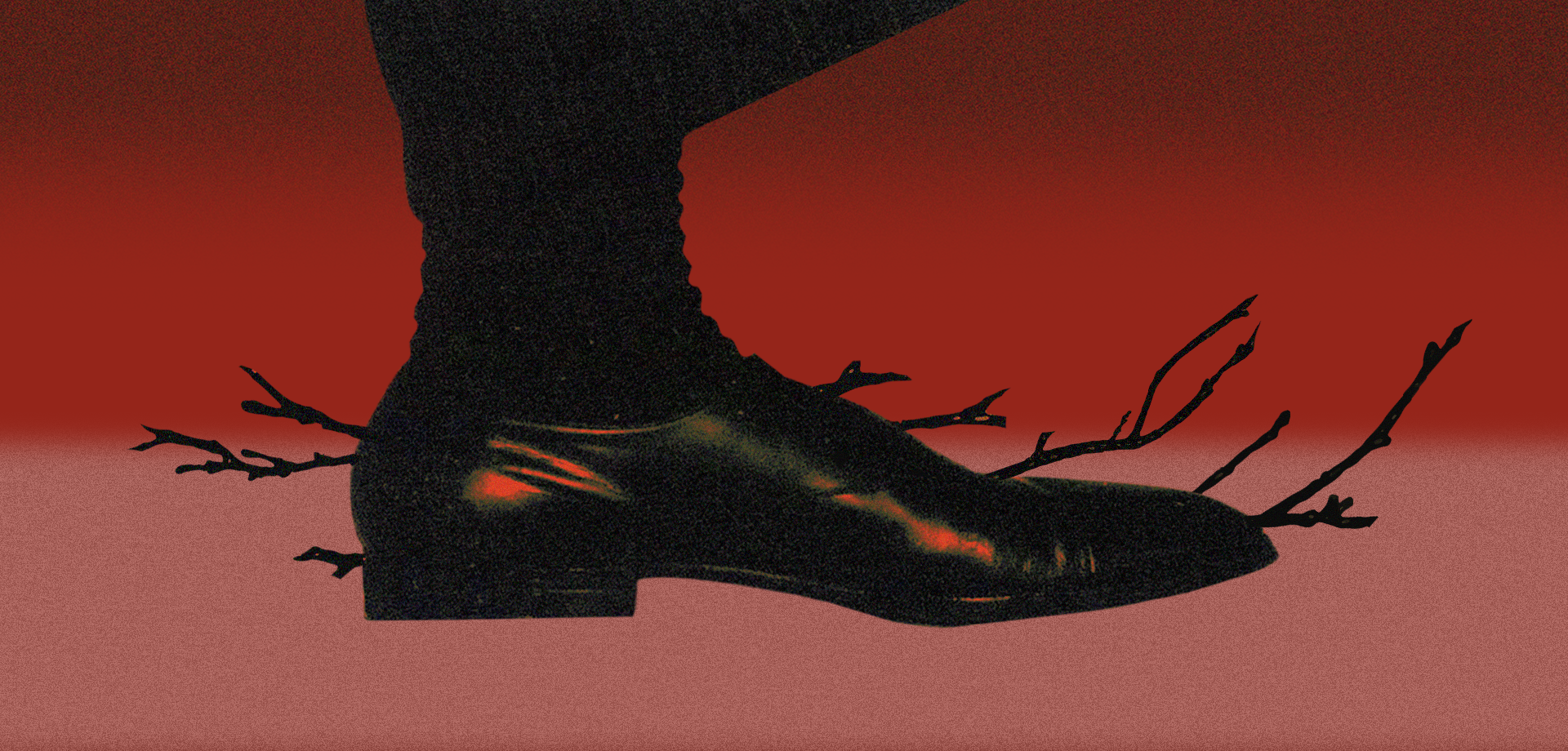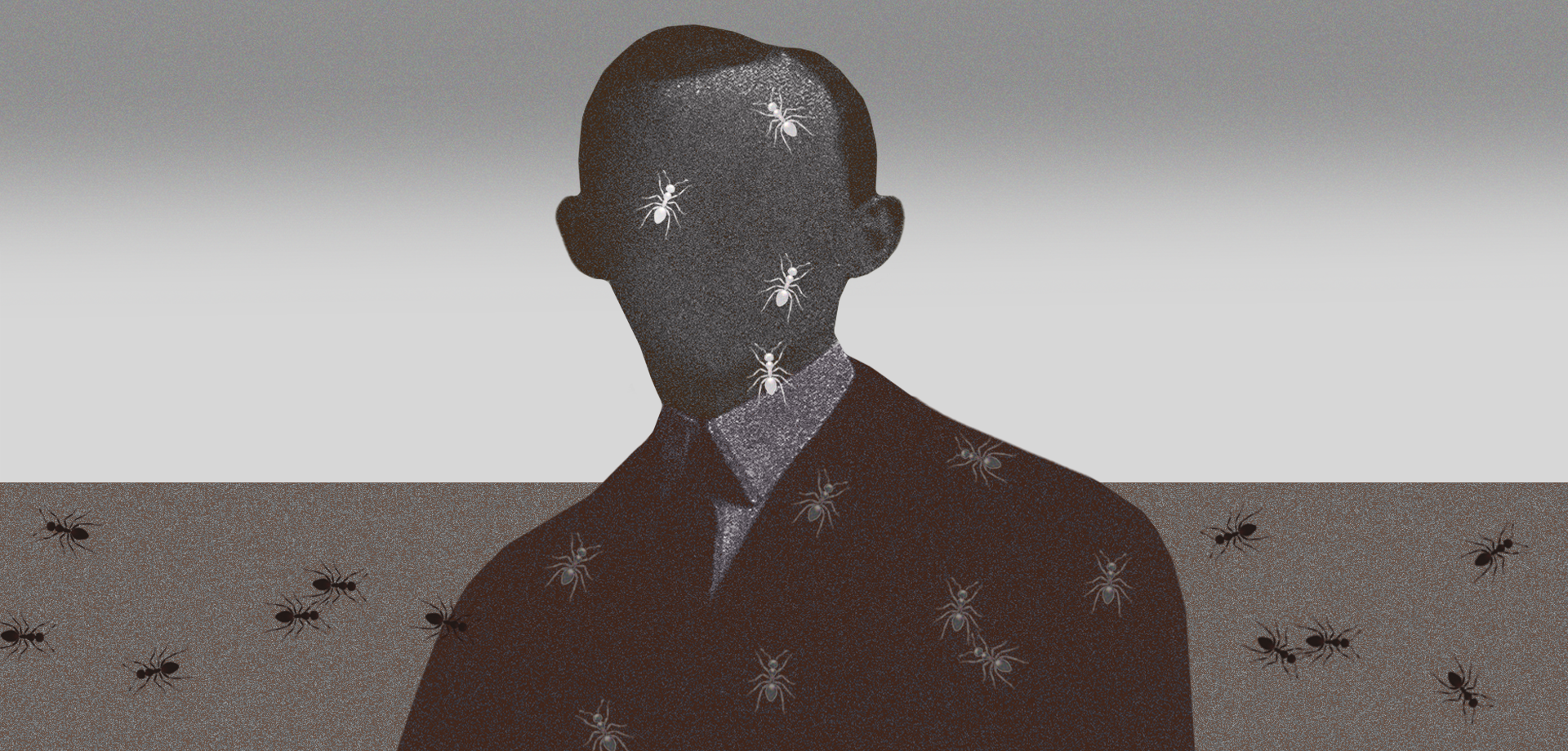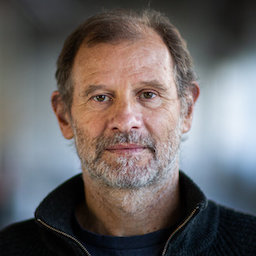
The battle for democracy: why sensitivity matters
The end of Communist dictatorship in 1989 in Central Europe led to the blossoming of a new kind of sensitivity within society. The brutality that had once shaped everyday life was gradually phased out, and people became aware that they could protect their own dignity, and that of others. Today, this new attitude of care is threatened by the rise of authoritarian politics. What we are witnessing is not just a political crisis, but a battle between coarseness and care, between desensitization and moral vigilance. The key to defending democracy lies in preserving our collective capacity for surprise, outrage, and resistance.
Fifteen years ago, after hiking with three friends in the mountains of northern Russia, I found myself in the town of Apatity. It was built in the 1930s by Stalin’s prisoners, whose descendants still worked in the local mines, extracting apatite, a mineral.
As I watched locals stroll around in the pleasant August sunshine I was stunned by the dignity with which local women, elegantly dressed up, tried to walk through the dust and rocks that once formed pavements.
Small groups of shaven-headed men in camouflage gear hung around street corners, sternly observing the women who countered their aggressive stares by proudly asserting their beauty.
The town of Apatity exuded a complete indifference to the welfare of its residents. There were no parks or public spaces for people to rest. The town was the quintessence of Russia, a realm of brutishness and sadism. Anyone who has seen Andrei Tarkovsky’s film Andrey Rublev will know everything there is to know about Russia.
But today this brutishness has spread to a number of other countries, ones that pride themselves on being the apogee of civilization. The American president Donald Trump boasts about his cruel deportations of illegal migrants. He’s equally proud of his vicious attacks on minorities in the USA, and of his contemptuous statements about several other countries, from Canada to Panama.
Autocrats have always resorted to lesser or greater lies in order to woo voters and hold on to power. Trump’s election slogan “Kamala is for them, President Trump is for you” must have counted as one of his most successful lies.
In her recent book Autocracy, Inc., Anne Applebaum writes that, instead of looking after citizens, modern autocrats aim to “prevent people from being engaged, from ever caring at all. And one of the ways they do that is through this constant stream of lies that make people feel like they're simply no longer able to know what's true and what’s not.”
The advent of populism and of the far right brings to mind the 1930s in Europe, but with one notable difference: the way these politicians speak may indeed be reminiscent of that era’s aggressive fascist language, but most of Europe today — with the notable exception of Ukraine — has been living in peace. Could this possibly change?
The million-dollar question is: if people know that tyranny is bad and that it makes their lives worse, why do they succumb to it over and over again without putting up any real resistance? One explanation is our ability to adapt to evil, provided evil emerges gradually.
Experiments carried out by the neuroscientist Tali Sharot have shown that when volunteers were paid to cheat and harm other people, they initially hesitated but gradually became capable of spouting ever bigger lies (in exchange for ever larger sums of money) until, after some amount of time, their brains stopped sending negative signals.
It is this capacity to become inured to evil that modern-day autocrats rely on. A case in point is Viktor Orbán who has governed Hungary for fifteen years by making people adapt to his rule gradually, one step at a time. Hungarians aren’t well-off, but Orbán hardly cares about their wellbeing. What he cares about is staying in power.
Slovakia’s current government led by Robert Fico also boasts of its brutishness as it spreads hatred across society. Unlike Orbán’s Hungary, the attempt to make Slovakia autocratic started quite recently, just a year and a half ago. Its brutality and speed has taken people by surprise. Citizens were shocked by a brutishness they were no longer used to. So they have come out onto the streets in large numbers, to protest.
The example of Slovakia raises an important question: how much resilience can society muster vis-à-vis autocrats trying to infect human relations with hatred and brutishness in order to control people? Is society equipped with some kind of neural network that makes it sensitive to brutishness?
With my direct, personal experience of communism in the former Czechoslovakia, I remember very well the level of society’s indifference and the coarseness of human relations that were commonplace in those days. Communist power was brutal, foisting its brutality on society as a whole. People became accustomed to it and gave up hope that life could ever become better.
Human dignity was crushed in virtually every sphere of life. Drivers wouldn't give pedestrians a priority at zebra crossings; parents and teachers alike meted out beatings to children; shop assistants didn’t greet their customers, nor thank them; waiters looked at you as if you were an intruder. You had to breathe toxic air because factory furnaces were more important than your lungs. Animals were regarded as objects. Wheelchair users couldn’t be seen on the streets because they were locked up in institutions. Gay people weren’t allowed to exist. And bullying at school was so widespread that it wasn’t even worth talking about.
Coarseness and indifference permeated so many aspects of people’s lives that it became quite routine. This state of affairs prevailed well into the 1990s.
But then a subtle revolution in dignity ensued. Sensitivity to the weak and the vulnerable, children and women, people with disabilities and the homeless, gays and lesbians, as well as to our forests, rivers and animals, a sensitivity to diversity, grew from year to year. People became increasingly aware that they had the right to demand that their dignity be protected.
This enhanced sensitivity was largely the result of a new context, with the contribution of hundreds of non-governmental organizations, the media, as well as the European Union, as it pushed Slovakia towards adopting legislation that protected the vulnerable. The business world followed suit. And although you might be annoyed but a stupid TV advertisement, its main message was about care: the reason to buy something was that you had the right to spoil yourself and others, that you were entitled to dignity as a human being, and had the right to be yourself and be happy.
And so, in the course of a quarter-century, our society gradually and discreetly grew a neural network sensitive to the dignity of the individual — a capacity that made it react with irritation to displays of brutishness.

Admittedly, this concern for the lives and dignity of the individual was never uniformly present throughout Europe. For example, Viennese car drivers will always and without fail give way to pedestrians at a zebra crossing, whereas in Bratislava you still can’t take that gesture for granted.
I have travelled to Ukraine twice with a convoy of ambulances and was astonished to see people being considerate to one another even in towns close to the frontline, even though the proximity of war might be expected to produce the opposite effect.
In the post-World War II period, the sensitivity of Europeans to the safety and dignity of the individual grew to levels that were never seen before. This occurred as a result of state and society acting in lockstep and complementing each other in their concern for the welfare of citizens. Looking back at the meagre concern Communist regimes showed for the needs of the people, I wonder if this may not, in fact, be the greatest civilizational progress humankind has accomplished in a single half-century.
But perhaps all of this happened too fast, given that these days we see the far-right launch its attack on any sensitivity to individuals and minorities. Among other things, we see it claim that white heterosexual men are oppressed victims.
Ironically, it was sensitivity that made some people oppose pandemic restrictions. They regarded lockdowns, compulsory face masks, or Covid testing and vaccinations, as a brutal assault on their own personal dignity.
During the pandemic, states that considered it their duty to look after citizens’ health by imposing various constraints on them in their own interest, ended up clashing with the very same citizens who regarded state pressure as an assault on their liberty.
It’s as if the current rise of a new brutishness, which politicians have resurrected at an unprecedented speed, were a reaction to decades of progress in terms of caring for the individual. Not only do autocrats lash out against the very language of sensitivity, but they also deliberately pick out individuals and throw them to the hateful mob. Social media have turned into a lynching tool, with the enthusiastic participation of those autocrats’ electoral base.
Once they’ve seized power, autocrats don’t care about citizens, whatever their campaign pledges. Instead, they attempt to subjugate society. They attack independent media and the judiciary, to bring them under their control, and they surround themselves with oligarchs (which is why autocracy is also known as kleptocracy).
Of course, it’s possible to reimpose obedience and humiliation on society, but it is a risky business. If this happens too fast, people don’t have the time to become accustomed to it. Their brains continue to send warning signals. In the case of Slovakia, Robert Fico’s government has pursued its own (mainly personal) interests at a pace that took perhaps even its own electorate by surprise. And we have yet to fully see how American society will react to Donald Trump.
Robert Fico’s policies have driven 100,000 people onto the streets of towns and cities across Slovakia. Among the factors that prompted this wave of protests is Fico’s meeting with Vladimir Putin in Moscow, his suggestion that Slovakia might leave the European Union, and a comprehensive overhaul of the criminal code which amounted to an amnesty for Fico's oligarch friends under investigation for corruption.
It is impossible to predict which events might trigger a society’s sense of alarm, deep in its neural system. As Cass R. Sunstein writes in his book How Change Happens, change occurs when people’s suppressed views and values, including suppressed anger, are suddenly given oxygen. As soon as that happens, change becomes inevitable.
Change always occurs in a surprising and unexpected way, so something may yet happen that we are, as of now, unable to predict. Nevertheless, I believe brutishness is so deeply ingrained in the mindset of autocrats that it prevents them from even paying attention to society’s neural network. And that leads them to mistakes.
Even an experienced authoritarian such as Viktor Orbán failed to predict the stormy reaction his decision to grant clemency to a pedophile would unleash in society, including forcing his justice minister to step down. Even Orbán doesn’t understand the workings of Hungarian society’s neural network.
And it was this same lack of understanding that cost the former Polish government the 2023 election, after it had humiliated women with its draconian anti-abortion laws, driving them to vote against it en masse.
Of course, as time passes, people will get used to an erosion of freedom as well as to violence. As Tali Sharot and Cass R. Sunstein noted in a 2024 opinion piece, if violence arrives slowly, step by step, people will gradually accept it “as something given, something normal”. This tendency is encouraged by the biological nature of our brains, trained by evolution to notice change but not to notice things that stay the same. That’s also what stops us from hearing the whirring of a fridge after a while.
I have little doubt that autocrats will behave more and more aggressively. Not just because they want to break the resistance of a part of society and force it to accept a status quo, but also because the dynamic within their own bubble makes them behave this way. Sunstein refers to “group polarization” — a strange phenomenon whereby, as a result of being part of a group, people who originally espoused moderate views become more radicalized than they intended.
We face the threat of the state being kidnapped, of growing aggressiveness on the part of those who wield power, as well as the danger of society gradually becoming accustomed to that aggressiveness. That’s why it’s important not to let our brains be lulled by the “whirring of the fridge” and instead cultivate sensitivity. We must refuse to become accustomed to brutishness.
“We have to learn to be constantly surprised,” wrote Sunstein and Sharot (they were referring to Trump, but this applies to other politicians just as well). We have to keep being surprised by the government’s assaults on common sense, NGOs and the media. We have to be shocked by the coarse language it uses, the lies it spreads, and the perverted ways in which it destroys constitutional order and democracy.
That’s why it is so important that thousands of people have come out onto the streets of Slovakia, often with the highly appropriate chant of "We won’t keep quiet“. This is how, together, we can preserve our sensitivity to human dignity, freedom and decency.
What we are witnessing now is a battle between sensitivity and brutishness. This battle may go on for a long time but as long as we preserve our capacity for surprise and outrage, the government will eventually lose its nerve. The neural network society has developed over the past twenty-five years makes it much more sensitive to violence (of every kind) than autocrats can even imagine.
If we refuse to adapt and to become indifferent, one day some action of a brutish power will trigger a hidden social nerve, producing resistance even among its own electorate. Some voters may be content with getting used to brutishness, but it is our task to keep reminding them what a truly bad thing that is. Something they, too, may come to see for what it really is.
Translated from Slovak by Julia Sherwood.
Illustration: Anastasiia Starko
